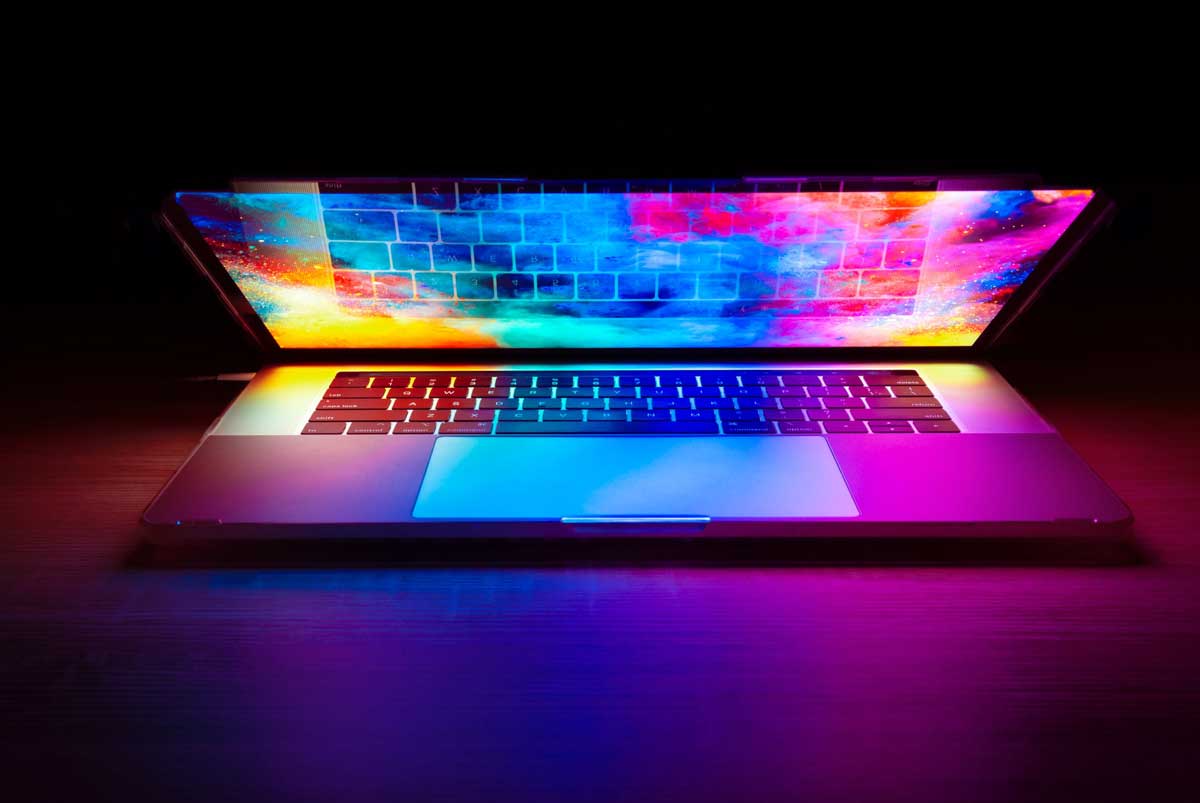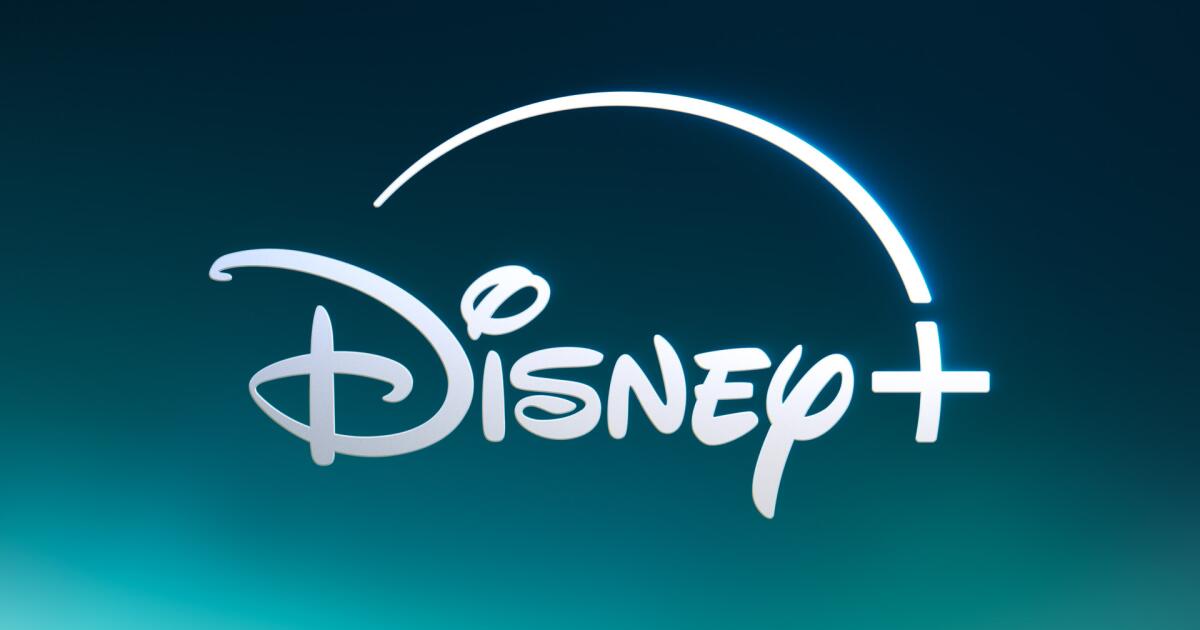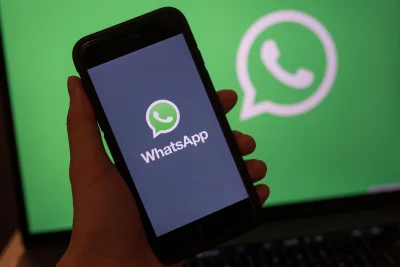App Trends to Implement for Side Hustle Success in 2026
Users expect apps to be easy to use and operate smoothly without odd crashes or bugs. However, to reach success and, of course, revenue, having a functional app is not enough. The app, for one, needs to embrace the latest innovations, and the app type must also be in demand. Let’s explore some of the app trends that will persist in 2026, from their functionality to their very purpose.
AI influence on app development and functionality
AI has left almost no industry untouched, and general app development and final functionalities are no exceptions. For one, developers can craft apps in weeks or months with assistance from Claude AI or similar products. However, besides assisting in the actual building of the apps, AI is sure to leave its mark in the following ways:
- AI-powered features that let users use AI through the app to achieve their intended results faster. For example, that could include an online shopping app that lets you upload your photo and see how certain outfits would look on your body.
- AI will make apps more personalized to users than ever before.
- Apps will start to adapt to your behavior and habits even more.
More productivity and online earning apps are appearing
People do achieve things and perform tasks faster, but they do have more temptations to slack off or procrastinate. So, it is evident that productivity-boosting apps will see an even bigger boom than before. After all, we already see developers experimenting with what we expect a productivity app to do. For example, programmers introduce game-like experiences to ensure that you stay on the right, effective path.
Besides boosting productivity, various apps also build work discipline and empower users to earn more on the side. One option is picking up micro jobs online; a variety of apps offer them. Essentially, people use a service like JumpTask to find tasks, such as answering surveys, testing other apps, or browsing promoted social media channels. In exchange for your work, you get paid, and you can pick up tasks as flexibly as you like. Such options are highly useful for students who need to build up their responsibility and ownership of their work slowly.
One-can-do-it-all apps
A regular consumer has dozens of apps installed on their smartphone. However, if they start achieving more goals with a single app, that number will drop naturally. So, developers are going after that: building tools that serve more than one purpose.
For example, an app could have started as an instant messaging app, but now you might even use it as a digital wallet, note-taking software, and a general scheduling tool. Such apps, also called super apps, are only meant to become more popular, and many of the apps you use will integrate additional features to match the market demand.
Online shopping stores should also introduce more personalized and immersive experiences. One innovation that we have already noticed is the use of AI to make highly personal outfit recommendations.
Furthermore, we already see lots of livestream shopping, where sellers directly communicate with their clients and sell their products. Additionally, people can now engage in social commerce, meaning they can purchase items directly on social media platforms (without leaving them).
Lastly, social media apps in general are much more relevant for the consumers’ journeys. After all, millions of people purchase items after watching a TikTok or YouTube video. Furthermore, such promotional content has proven much more effective than any ad because it comes across as more realistic and less polished. For example, brands might believe that using celebrities in their product commercials will increase sales. However, people prefer imagining themselves as the person, and knowing the privileges celebrities have, it is no wonder they have beautiful hair, and this product is likely irrelevant.
Conclusion
Staying up to date with the latest industry news and trends can help you achieve greater success with your app. However, don’t be afraid to experiment with tech, and challenging consumer expectations can also lead to positive results. Yet, if you’re more comfortable with safer approaches, be sure to embrace the latest innovations rather than fight them. After all, refusing to do so could lead to falling behind in the market and to your users dropping your product in favor of a more polished, innovative one.









